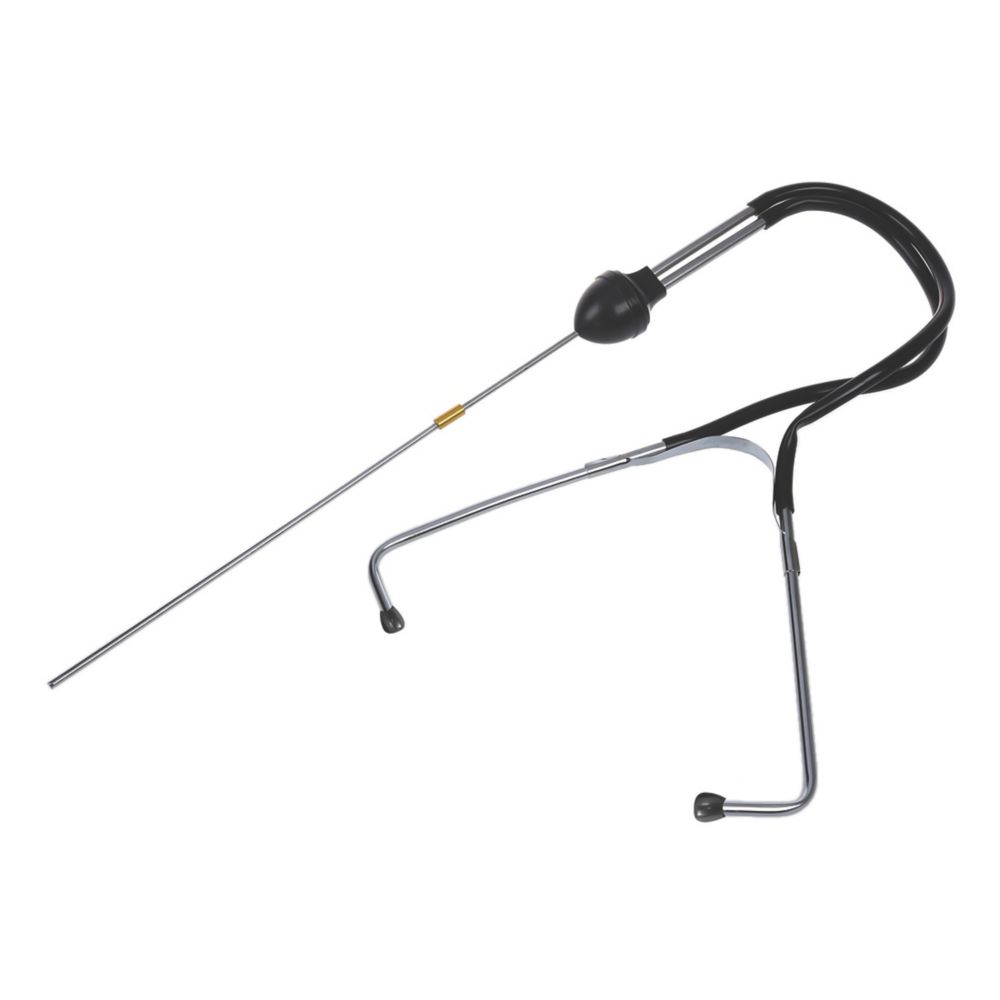christinescoms
Member
A customer of mine has been told by the water board that they have a leak somewhere in the house due to rising costs from the water meter.
They came round to check(turned off stop cock into house and checked meter which stopped turning)
This is as far as they went saying not there responsibility.
Now her neighbour had something similar a few years back but then the water board guy apparently had some apparatus that he went over the floor boards with to see where the leak was coming form, but this particular guy said he didn't have this equipmet but your plumber(me) should have.
Now over the years my leak detector has been a hammer and bolster to lift floorboards and check by eye

I guess i should move into the 21st Century and look into this.
Does anyone have any recommendations at all?
Ive seen some that can plug in to your mobile for infra-red and also stand alone equipment.
Now i don't get these jobs very often in fact they are quite rare so im not looking to spend hundreds but was was wondering at a small cost if theres any that are good or do you need to spend big bucks for something like this?
They came round to check(turned off stop cock into house and checked meter which stopped turning)
This is as far as they went saying not there responsibility.
Now her neighbour had something similar a few years back but then the water board guy apparently had some apparatus that he went over the floor boards with to see where the leak was coming form, but this particular guy said he didn't have this equipmet but your plumber(me) should have.
Now over the years my leak detector has been a hammer and bolster to lift floorboards and check by eye

I guess i should move into the 21st Century and look into this.
Does anyone have any recommendations at all?
Ive seen some that can plug in to your mobile for infra-red and also stand alone equipment.
Now i don't get these jobs very often in fact they are quite rare so im not looking to spend hundreds but was was wondering at a small cost if theres any that are good or do you need to spend big bucks for something like this?


